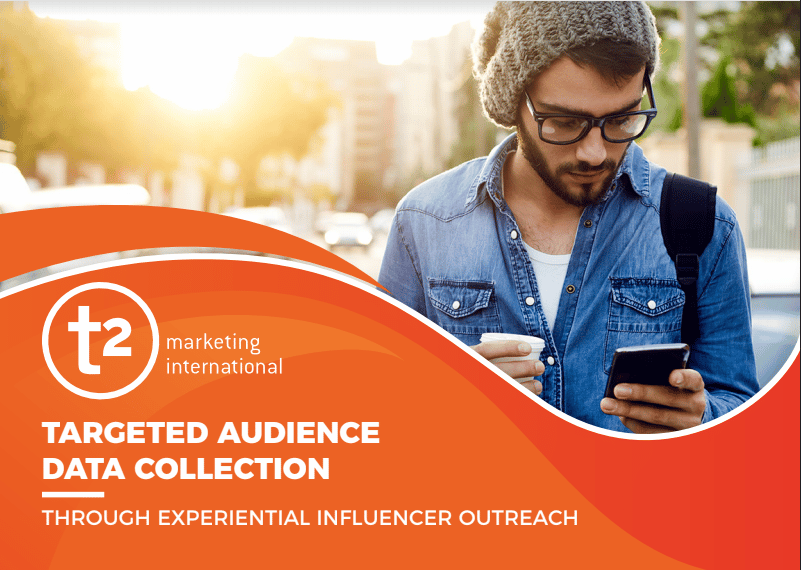Daily Minute Master Series – July 4, 2019
Social Media
Facebook brings back reach estimates for Custom Audiences
Facebook is reinstalling reach estimates for Custom Audiences, a tool that allows advertisers to estimate audience size for their Custom Audience campaigns. The company removed the tool in March, 2018 when researchers at Northwestern University discovered a vulnerability that made it possible to infer attributes of Facebook users via the tool. Facebook reports it worked on three key changes to improve security around its Custom Audiences reach estimate tool: privacy, detection and new restrictions. Reach estimates were a handy tool for advertisers, making it possible to determine approximate campaign sizes and manage budgets and bidding activity accordingly — without taking up a lot of time and effort on their part.
For the full article click here
Study Claims Instagram Engagement Has Been in Decline Since May
A study claims overall engagement across Instagram is down and has been sharply declining since early May 2019. The study defines engagement rate as the total number of interactions on a post divided by the size of the account’s following at the time of posting. As of mid-April, the maximum average engagement rate for the accounts included in the study was 1.54%. Engagement rate now hovers around 0.9%, which is down 1.1% from earlier this year. In addition, the average number of interactions is down 18% since the beginning of the year. According to the study, brands are suffering from this decline in engagement as well as individual influencers. The study doesn’t offer any insight into what is causing the decline, noting that there haven’t been any substantive API changes. If you market your business on Instagram, know that you aren’t alone if your engagement has been down over the past month. The study only measured engagement with feed posts. It did not take into account engagement with stories.
For the full article click here
Facebook Makes Job, Housing, Credit Ads Searchable, Eliminates Other Targeting Triggers
Facebook plans to make ads for jobs, loans and credit card ads searchable for all its U.S. users, based on an agreement made in March following a legal settlement. The searchable database that makes U.S. housing ads searchable by location and advertiser, along with the other databases, expands on an agreement to eliminate discrimination. The company’s also addressed discrimination in Facebook Ads by removing thousands of categories that target people related to race, ethnicity, sexual orientation and religion. This searchable database for housing, employment and credit-card ads will no longer target by age, gender or ZIP code. It will have a much smaller set of targeting categories overall — but all will become searchable on the platform. While it’s not yet clear the type of technology Facebook will use to target these ads, the new structure aims to ensure advertisers follow these rules, with plans for full enforcement by the end of the year.
For the full article click here
Marketing
Google extends Chrome ad blocking to global markets on July 9
On February 2018, Google implemented ad filtering for “annoying” and intrusive ads in Chrome in North America and Europe. This had been pre-announced in 2017 and was intended to compel publishers to adopt advertising standards established by the Coalition for Better Ads. The industry group was created in response to the rise of consumer ad-blocking. Now Chrome’s bad-ads filtering is going global, with a rollout to markets beyond North America and Europe on July 8. In brief, sites that feature any of the four desktop or eight mobile ad categories banned under the Better Ads Standards, could see those units, or potentially all ads on their sites, blocked. Annoying formats include pop-ups, auto-play video ads with sound, prestitial ads, flashing/animated ads, large sticky ads and full-screen scrollover ads, among others. The global rollout of Chrome “ad blocking” comes at a time when Google engineers are contemplating controversial changes to browser extension APIs, which could disable most third-party ad blockers and privacy extensions. Google appeared to reverse course, although the status of the changes remains uncertain.
For the full article click here



